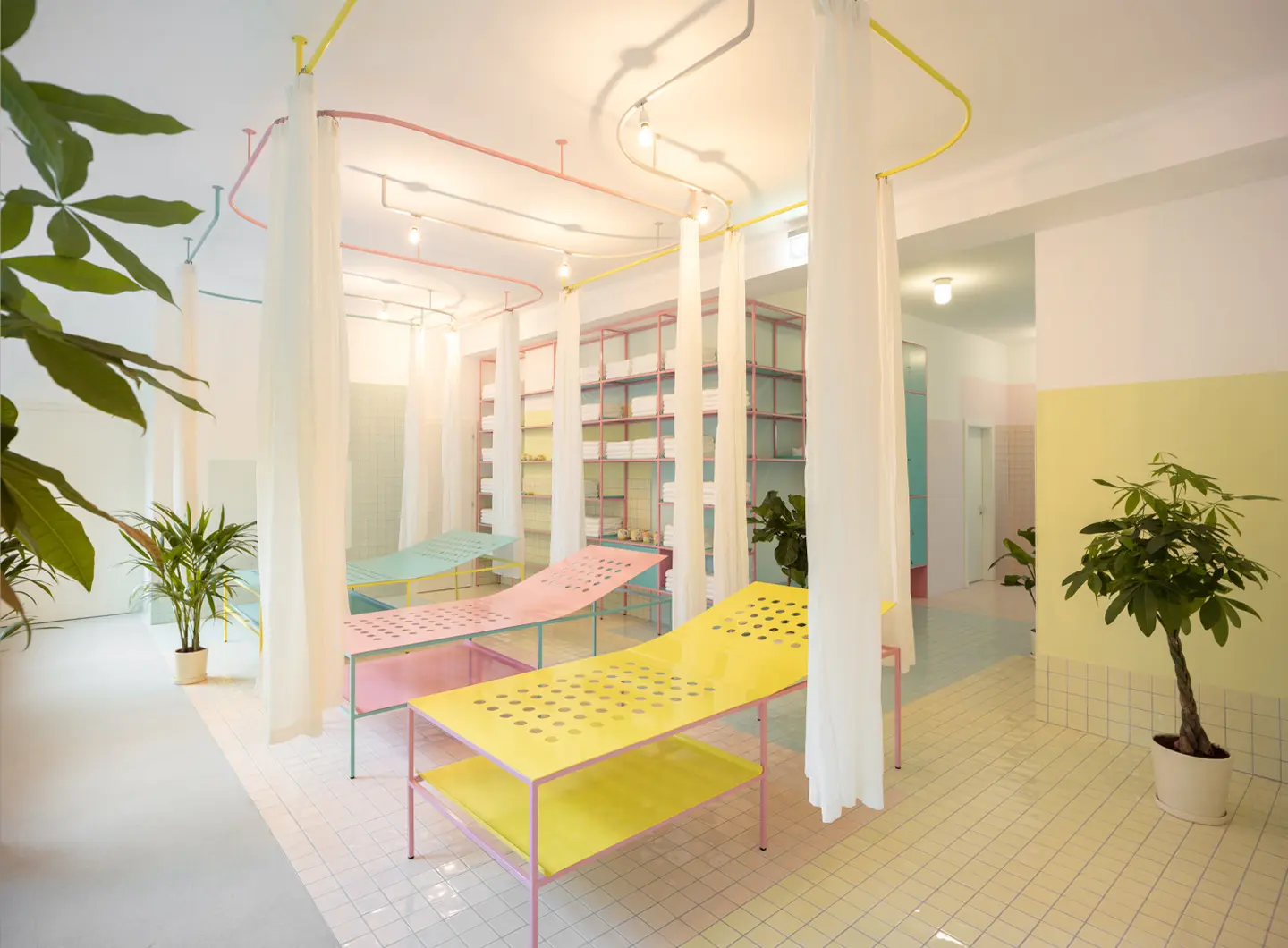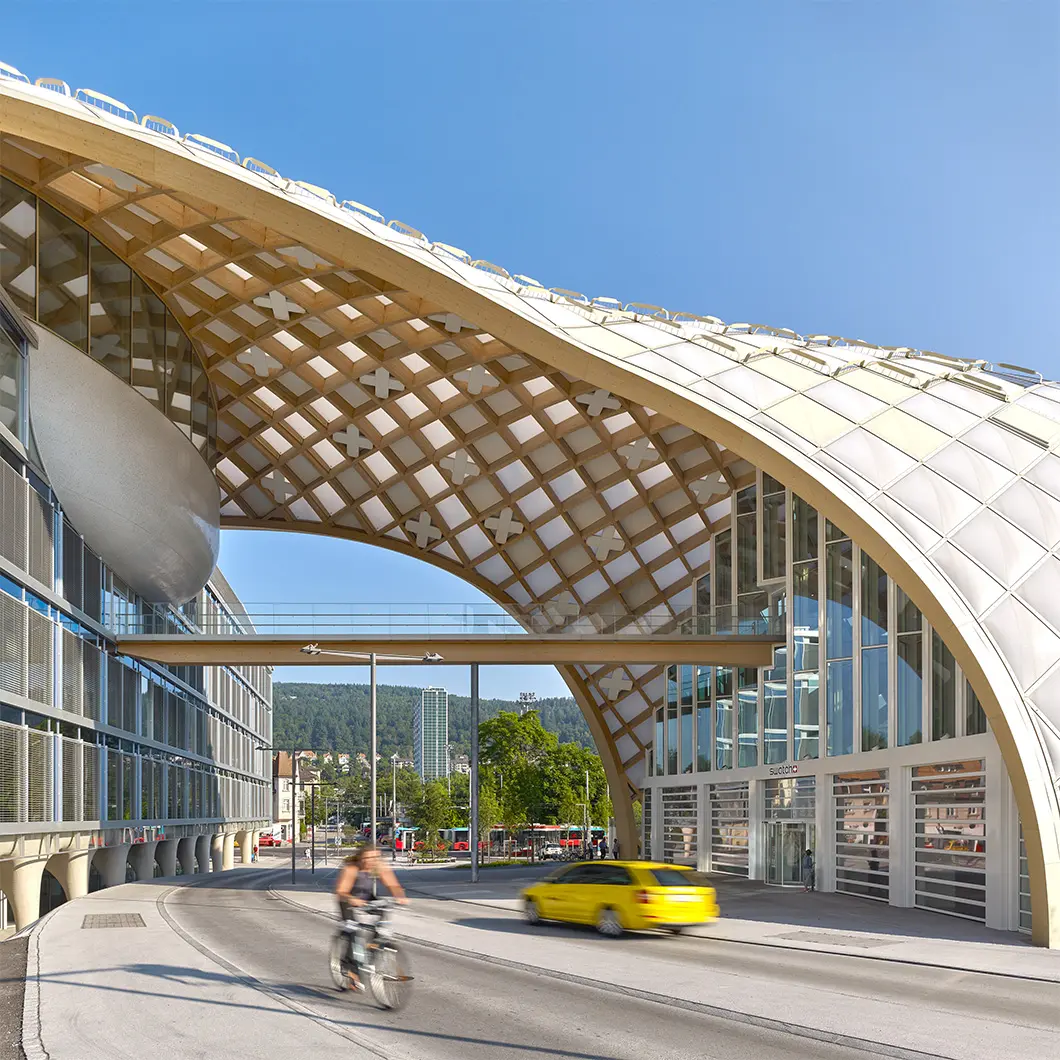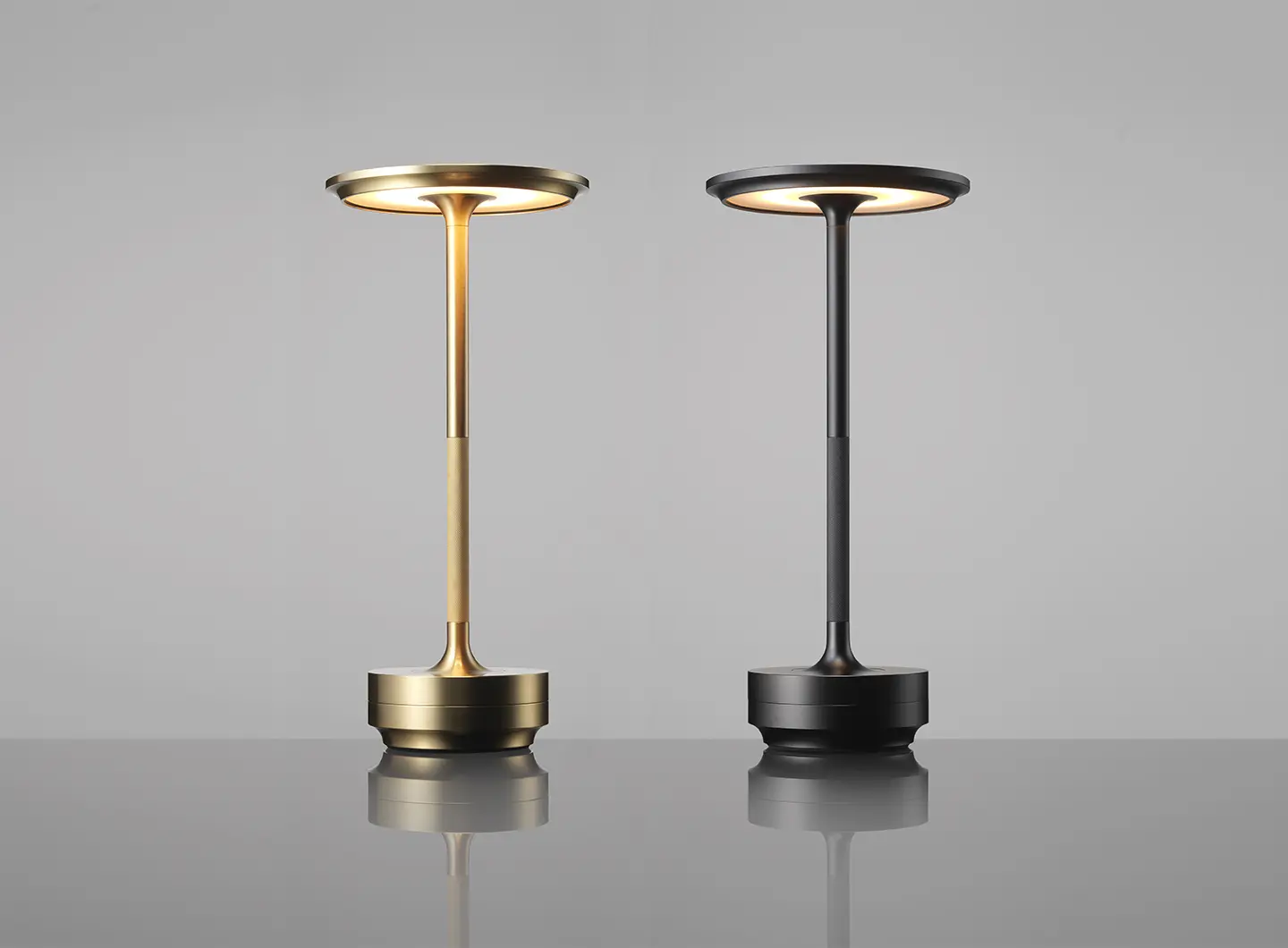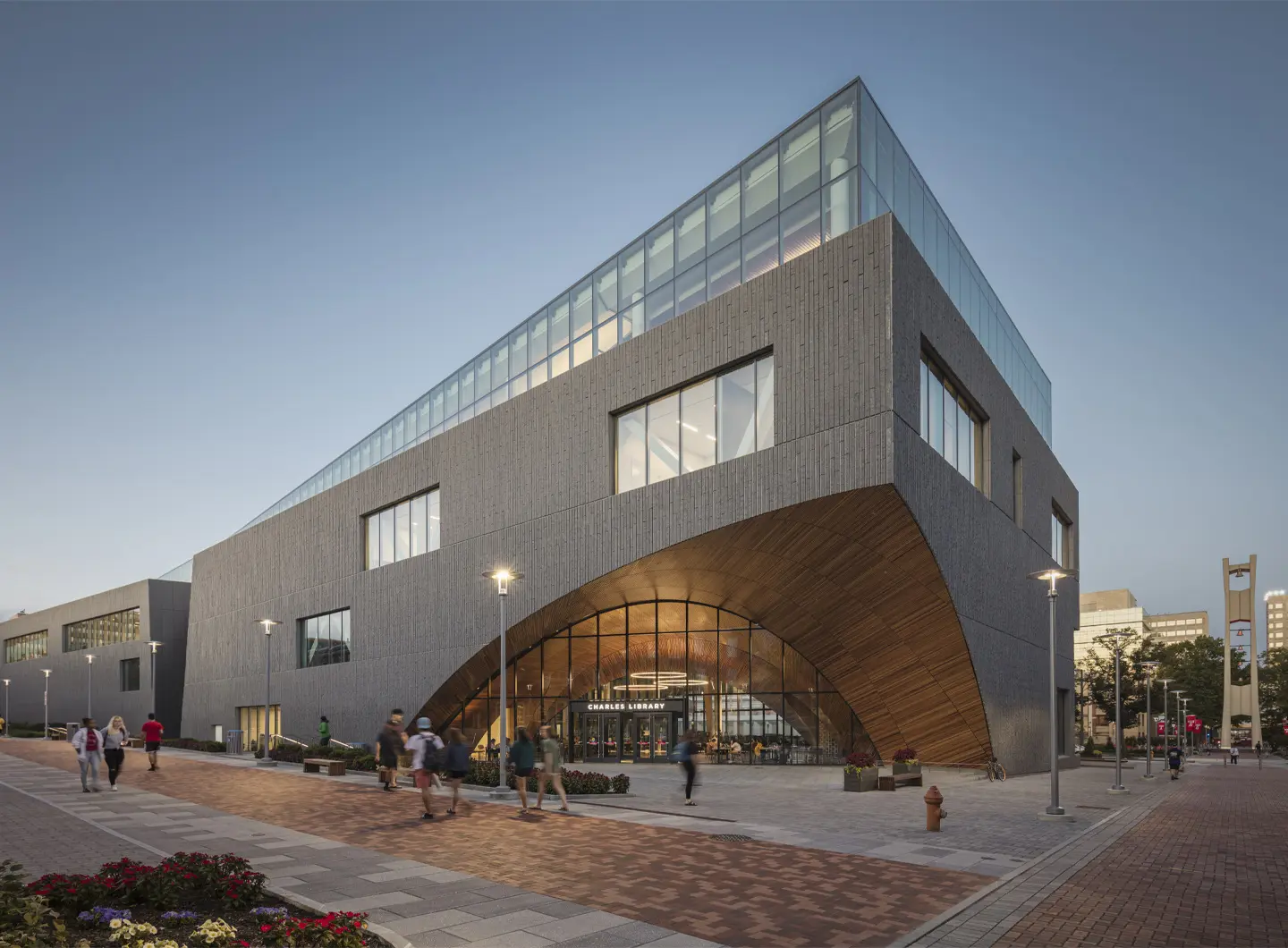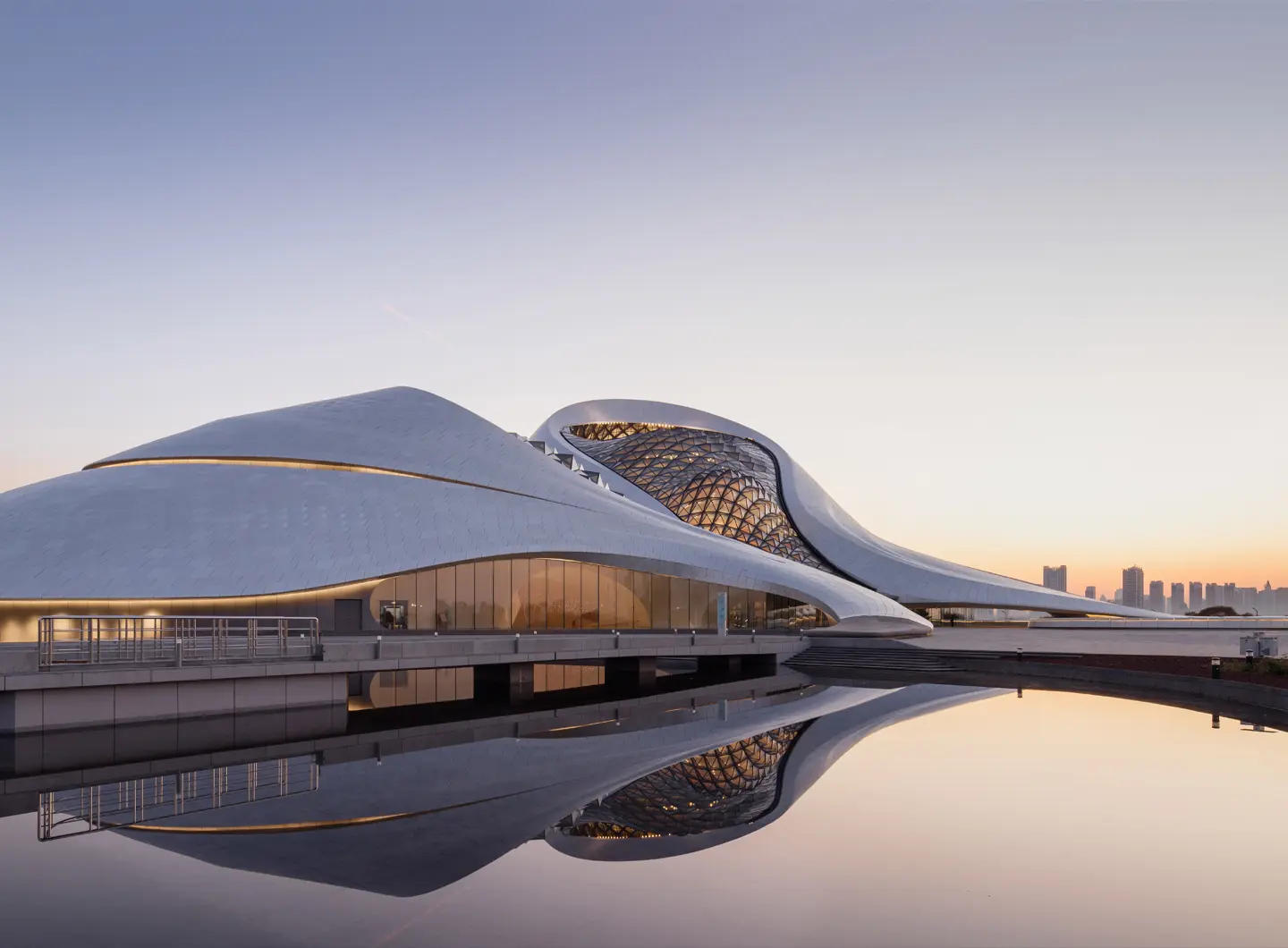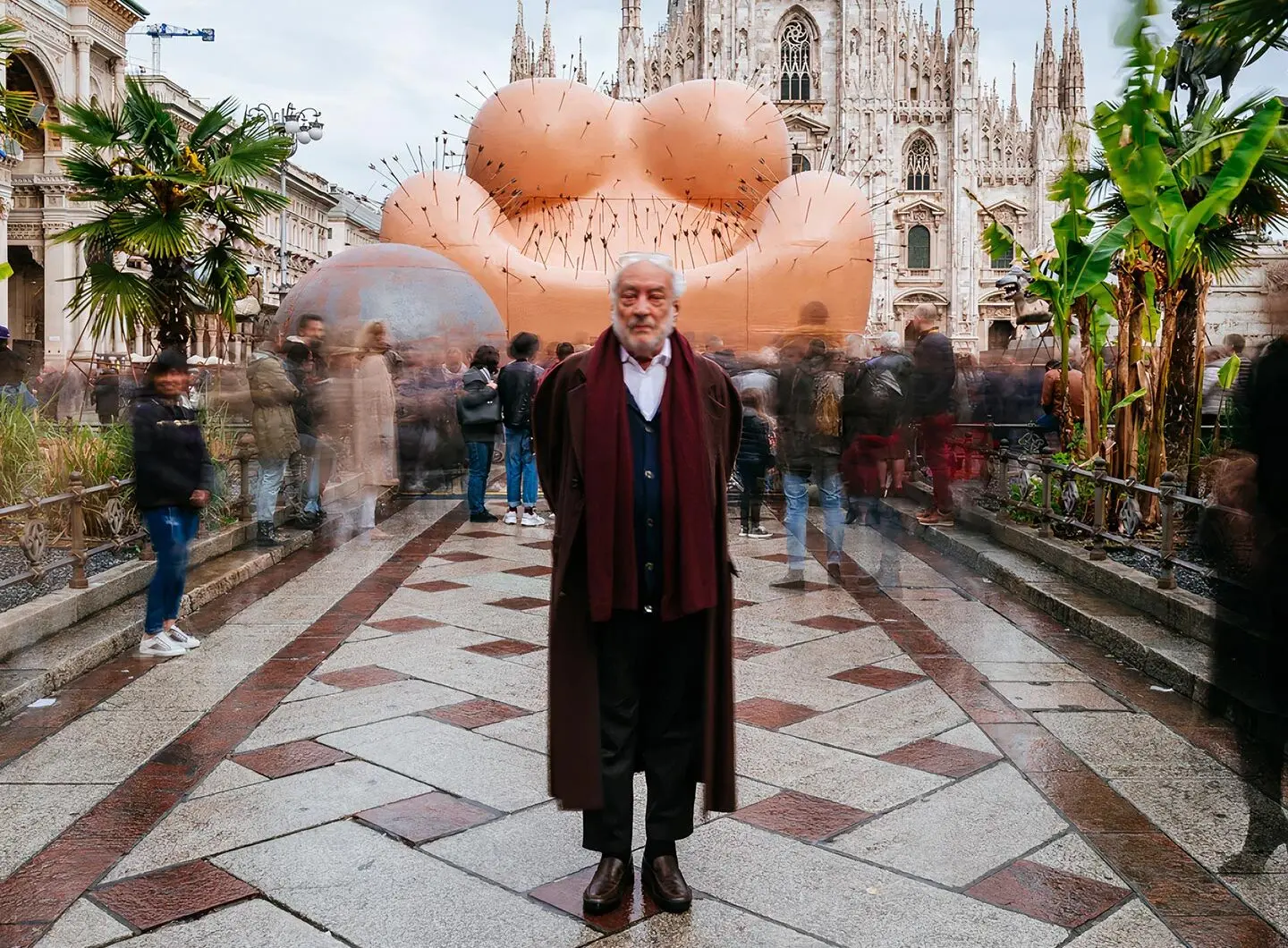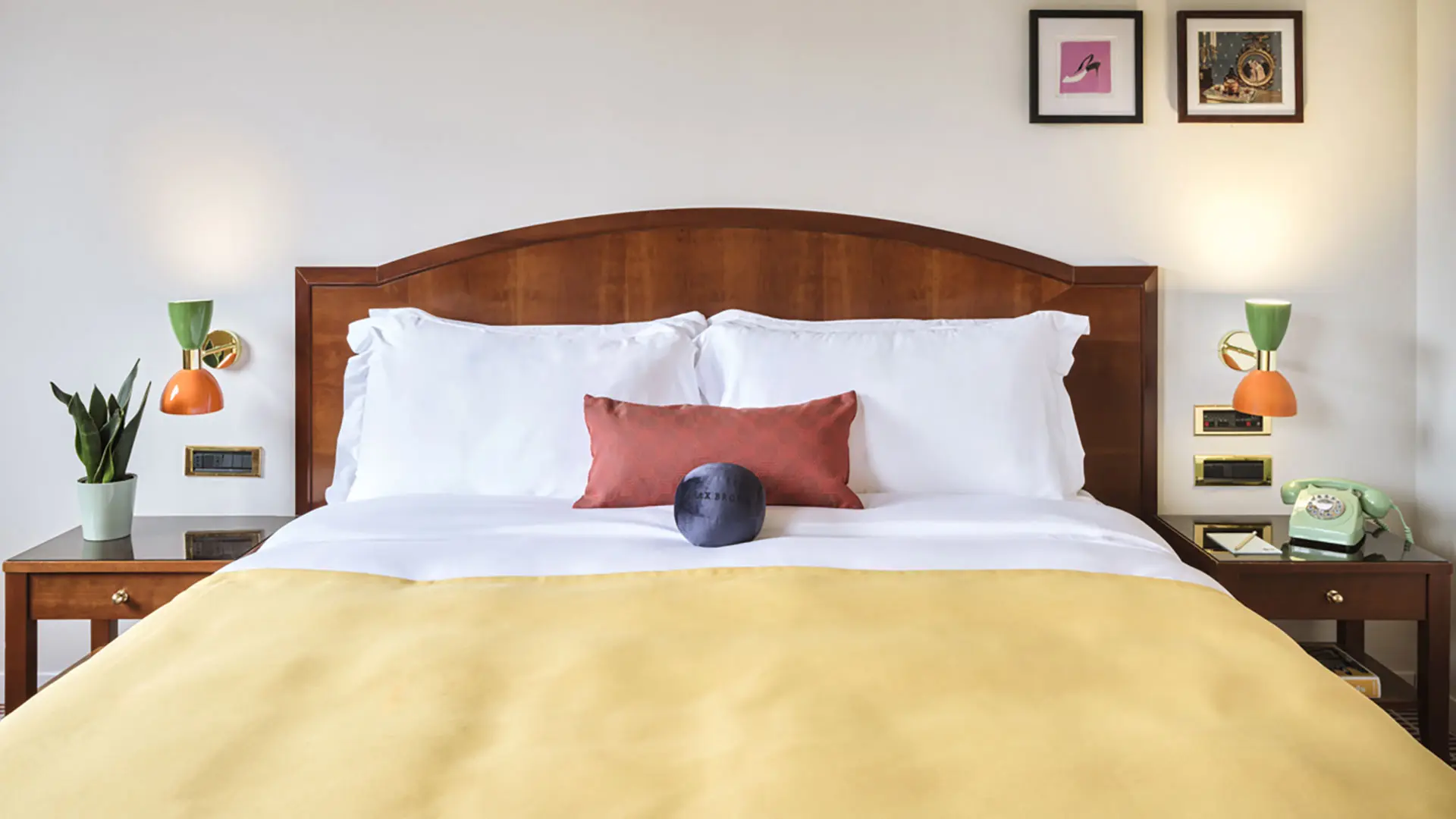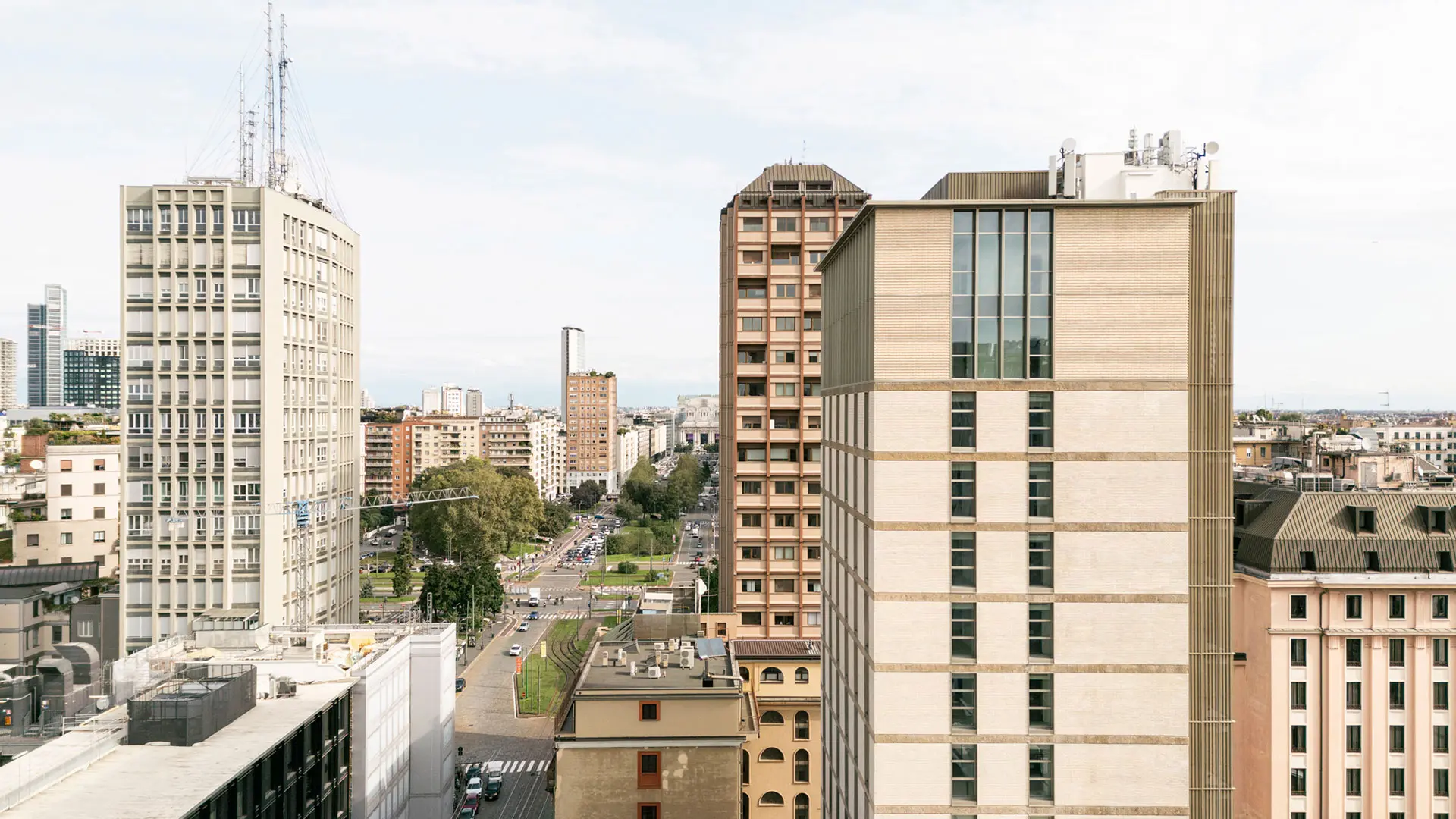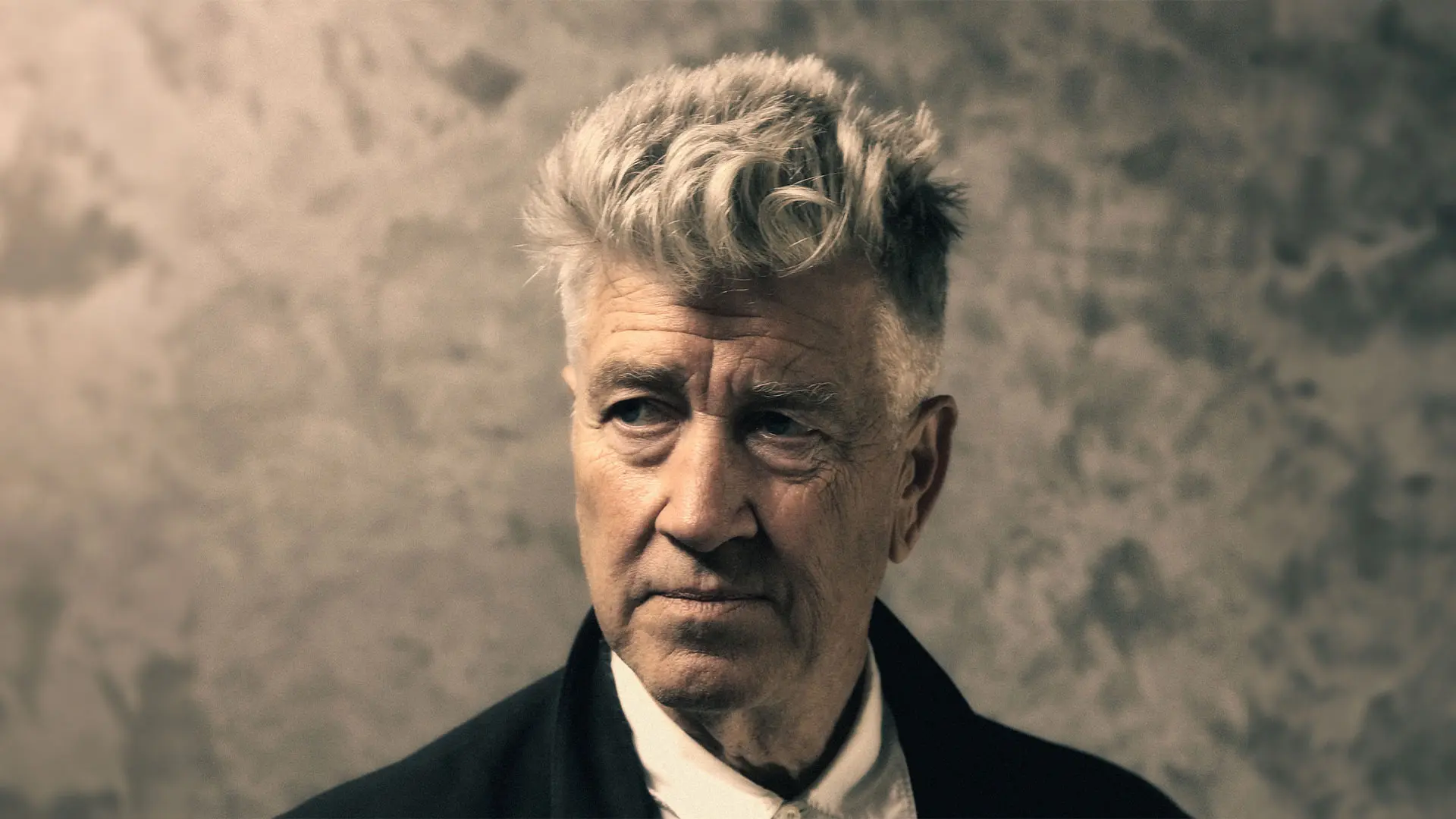In partnership with MiCodmc, a selection of establishments ripe for discovery during the 63rd edition of the Salone del Mobile.Milano, from 8th to 13th April
Exhibitions, talks, events. The Salone’s cultural palimpsest
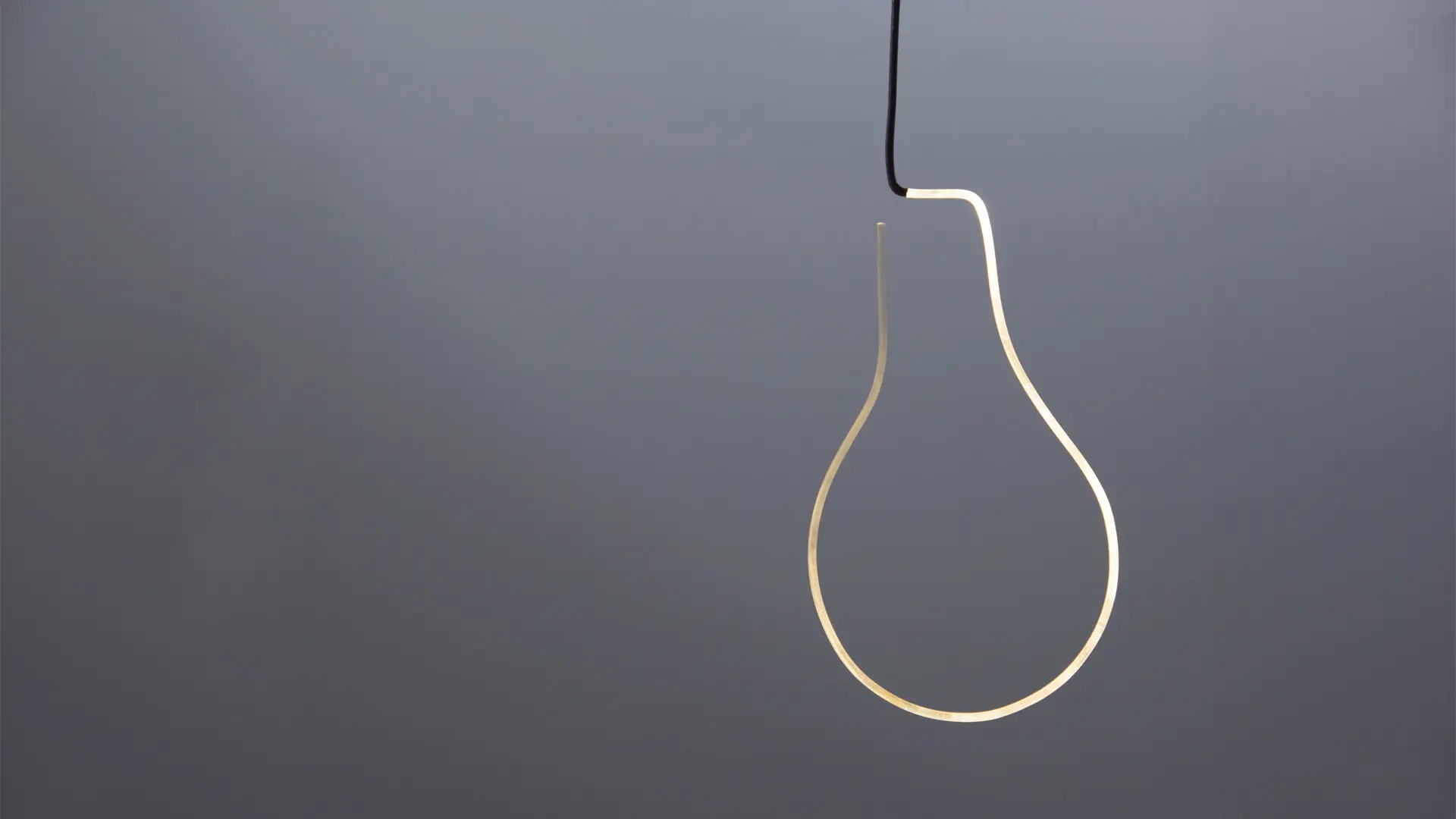
As long as I am dreaming, Kazuhiro Yamanaka, 2022. Photo courtesy
It’s not just all about the products: one of the objectives of the Salone del Mobile.Milano 2023 is to provide a packed series of cultural events and opportunities for insight at the fair, integrating them into the visitor path
There will be four exhibitions approaching the theme of light from different angles, ranging from photography to architecture, design and contemporary art, a specialist bookshop, a powerful site-specific installation by one of the greatest Italian artists, twelve ‘intermezzo’ installations scattered along the visitor path, with paintings, drawings, video works and objects placed inside lightweight pavilions made of wood and paper. Culture will also feature in Euroluce’s The City of Lights, just as it does in any city.
The new trade fair layout, conceived by the engineering and architectural firm Lombardini22, takes a parametric approach devised by mapping visitor flows and inspired by the spatiality of Italian urban centres: the walkways between the stands will no longer be strictly orthogonal, but will become more fluid around the widenings out and squares. It is in these interstices that the individual expressions of the packed and varied cultural proposal choreographed by the critic and design professor Beppe Finessi will be located, spread out along and complementary to the visitor path.
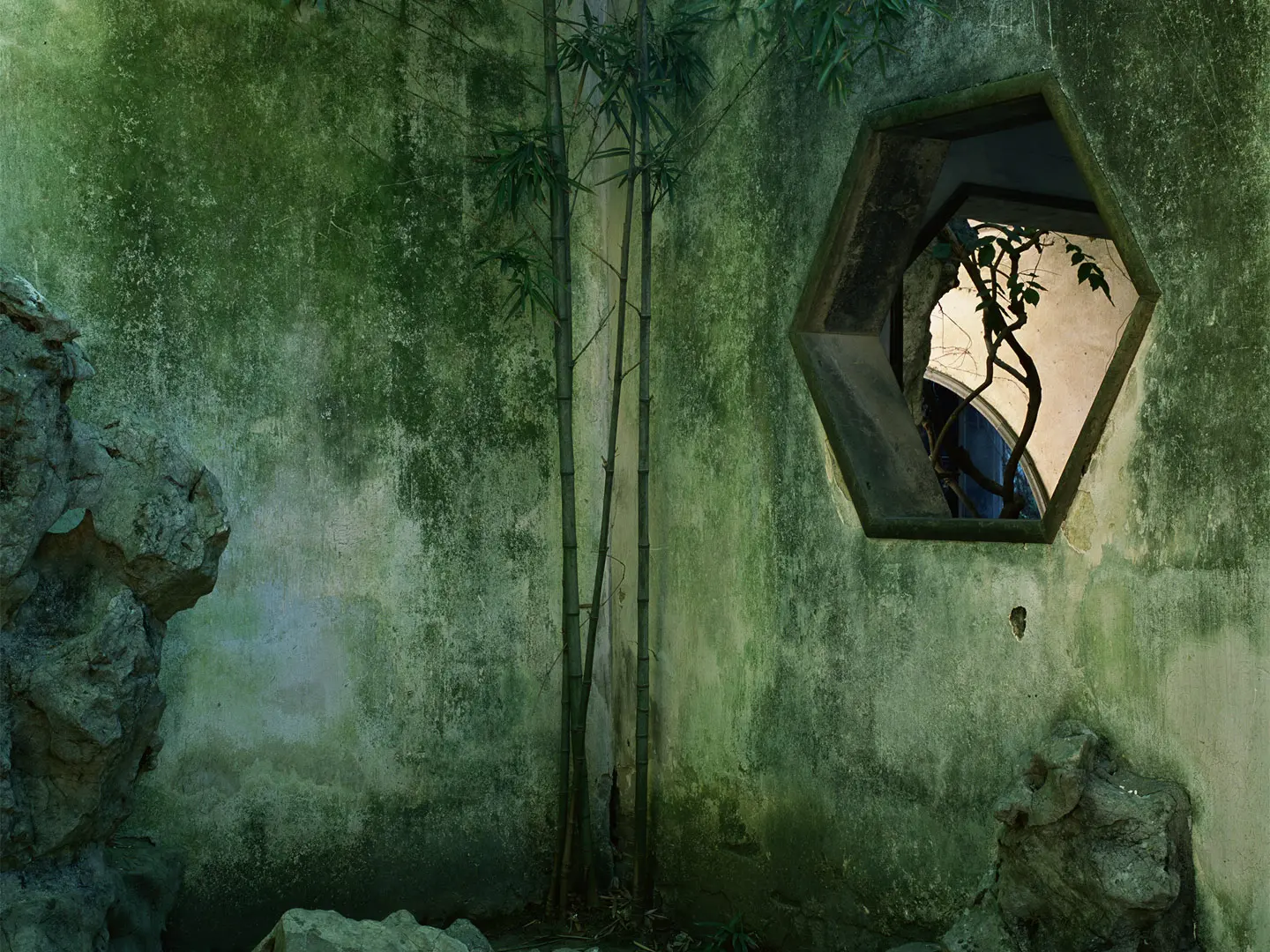
Suzhou Gardens, China, photo Hélène Binet
The exhibitions: Light in all its facets
The multi-award-winning Franco-Swiss photographer Hélène Binet (1959), has captured the essence of some of the most famous buildings in the world, conceived by designers of the calibre of Zaha Hadid, Daniel Libeskind and Peter Zumthor, and masterpieces of the past such as the Classical Gardens of Suzhou, in China. Her images, mostly distinguished by narrow frames, track the path of light on the buildings and highlight the way it caresses and lifts the surfaces. Nature, Time and Architecture, curated and set up by Massimo Curzi inside Pavilion 11, will feature a selection of shots inside a double architectural volume.
FIAT BULB. The Edison Syndrome, curated by Martina Sanzarello, will pay homage to the lightbulb, its shape universally synonymous with lighting, even in the time of LEDs. The exhibition in Pavilion 15 will showcase a collection of different one-off interpretations of this particular light source, by creative artists and designers that have steadily eschewed its functional value to focus on an evocative and experimental approach.
Artificial light has a crucial part to play in interior architecture: it can highlight various elements of the design with targeted insertions, or even take a leading role, radically altering the perception of a space. Interior Night. Bright Artifacts (Pav. 15) takes the form of a journey through images into the work of the great masters and emerging designers, curated by Michele Calzavara, showcased inside an installation by Berfu Bengisu Goren in which the space serves two different functions, as an exhibition area and as a venue for workshops and professional meetings, with no shortage of surprises for its visitors.
Dawns. The Lights of Tomorrow (Pav. 9), curated by Matteo Pirola will feature a multitude of lighting devices, born of the creativity of astronomer-designers, that reproduce natural phenomena (such as the “blue hour” – the transition period between day and night, in the middle of the Mandalaki studio’s Horizon Halo) or imitate the behaviour of celestial bodies (as in the Apollo lamp by the French designer Constance Guisset, a sort of small moon in metal and plaster). The installation will be by the duo From Outer Space.
Pavilion 9 will also contain a site-specific installation by one of Italy’s greatest neon art exponents, Maurizio Nannucci. The phrase YOU CAN IMAGINE THE OPPOSITE, written in large luminous letters, is both a reference to the reflection on the tautological aspects of the language that the artist has been carrying forward since the 1970s and an invitation to grant our imaginations free rein to envision different possibilities.

Halo Horizon, design Mandalaki, photo Marco Menghi
The constellations and the meetings with the Masters of Design and Architecture
In addition to these more structured exhibitions, provision has also been made for further opportunities for insight and discovery: seven Constellations curated by Beppe Finessi himself, will reveal the results of explorations of light by an equal number of designers, artists and experimenters. The works will be hosted by a extensive installation designed by Formafantasma with a particular focus on sustainability. The designers have devised a modular structure based on the repetition of the theme of frames, championing easily disassemblable and recyclable materials such as wood and paper.
Formafantasma duo Andrea Trimarchi and Simone Farresin have also designed the specialist bookshop curated by the publisher Corraini and Aurore (Pavilion 13), an arena that constitutes the main square in The City of Lights, and the hub of different activities and initiatives. This space will host the programme of talks curated by Annalisa Rosso, with guests that include some of the world’s leading global architects such Shigeru Ban (scheduled for 19th April), Nao Tamura (20th April), Kjetil Trædal Thorsen and Marius Myking of Snøhetta (21st April) and Andrea D’Antrassi of MAD (22nd April). These authoritative and stimulating speakers, known for their innovative harnessing of light in their work, will dialogue with international journalists every morning at 11, covering hot topics such as the impact of lighting on people’s wellbeing and the role of technology in containing carbon emissions.
In addition to the talks there will be two round tables curated by Jacopo Acciaro / Voltaire Lighting Design with the support of IALD, AIDI and APIL: The City and Living Places and The Enhancement of Historical Architecture in Relation to New Urban Interventions. The theme is the evolutionary processes of contemporary architecture that will give life to a moment of transversal study that will see prominent personalities in the field of urban, sustainable, lighting and landscape design as protagonists.
In order to optimize your visit and your calendar, in the exhibitors page it is possible to use the filter to see the brands available for appointments.
There will also be a special guest at SaloneSatellite. Gaetano Pesce will be discussing his lengthy and fortunate career path, split between Italy and the United States, with the young exhibitors and the visitors, in a lecture entitled Understanding the Future (scheduled for 3.30 pm on 18th April). The event devoted to emerging designers will also dialogue with the directors of some of the most prestigious design schools in the world - ECAL (Switzerland), Scuola del Design / Politecnico di Milano (Italy), Tongji University (China), Design Academy Eindhoven (Netherlands), School of Design / Pratt Institute (USA) - with the round tables “Design: WHERE ARE YOU GOING?”, moderated by Annalisa Rosso. (20th April, 3.00 pm).
The Salone del Mobile.Milano is easily accessible by public transport, by train, from the airports, and by shared taxi, with one station for each Gate (East-South-West). Here you can find all the details and information to reach the Salone del Mobile. Inside the fair site accessibility to all the spaces is also guaranteed to people with disabilities and those with reduced mobility thanks to accessorized paths and services.


 Exhibitions
Exhibitions
